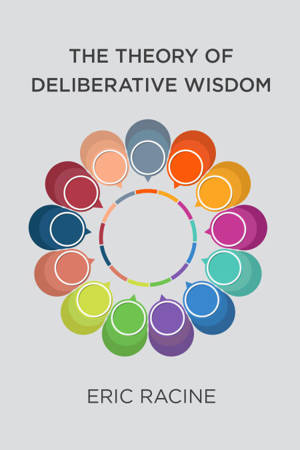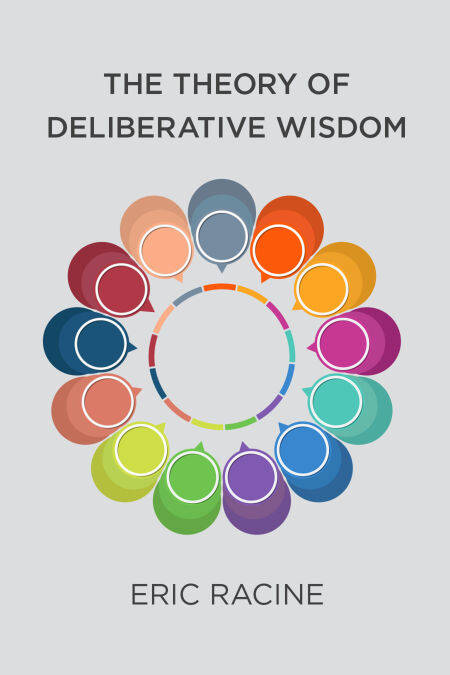
Bedankt voor het vertrouwen het afgelopen jaar! Om jou te bedanken bieden we GRATIS verzending (in België) aan op alles gedurende de hele maand januari.
- Afhalen na 1 uur in een winkel met voorraad
- In januari gratis thuislevering in België
- Ruim aanbod met 7 miljoen producten
Bedankt voor het vertrouwen het afgelopen jaar! Om jou te bedanken bieden we GRATIS verzending (in België) aan op alles gedurende de hele maand januari.
- Afhalen na 1 uur in een winkel met voorraad
- In januari gratis thuislevering in België
- Ruim aanbod met 7 miljoen producten
Zoeken
€ 73,92
+ 73 punten
Omschrijving
From a leading ethicist, a workable and inspiring model of ethics, showing not only why ethics matters but also how it can be used to improve human welfare.
Humanity faces a multitude of profound challenges at present: technological advances, environmental changes, rising inequality, and deep social and political pluralism. These transformations raise moral questions—questions about how we view ourselves and how we ought to engage with the world in the pursuit of human flourishing. In The Theory of Deliberative Wisdom, Eric Racine puts forward an original interdisciplinary ethics theory that offers both an explanation of the workings of human morality and a model for deliberation-based imaginative processes to tackle moral problems.
Drawing from a wide array of disciplines such as philosophy, psychology, sociology, political science, neuroscience, and economics, this book offers an engaging account of situated moral agency and of ethical life as the pursuit of human flourishing. Moral experience, Racine explains, is accounted for in the form of situational units—morally problematic situations. These units are, in turn, theorized as actionable and participatory building blocks of moral existence mapping to mechanisms of episodic memory and to the construction of personal identity. Such explanations pave the way for an understanding of the social and psychological mechanisms of the awareness and neglect of morally problematic situations as well as of the imaginative ethical deliberation needed to respond to these situations. Deliberative wisdom is explained as an engaged and ongoing learning process about human flourishing.
Humanity faces a multitude of profound challenges at present: technological advances, environmental changes, rising inequality, and deep social and political pluralism. These transformations raise moral questions—questions about how we view ourselves and how we ought to engage with the world in the pursuit of human flourishing. In The Theory of Deliberative Wisdom, Eric Racine puts forward an original interdisciplinary ethics theory that offers both an explanation of the workings of human morality and a model for deliberation-based imaginative processes to tackle moral problems.
Drawing from a wide array of disciplines such as philosophy, psychology, sociology, political science, neuroscience, and economics, this book offers an engaging account of situated moral agency and of ethical life as the pursuit of human flourishing. Moral experience, Racine explains, is accounted for in the form of situational units—morally problematic situations. These units are, in turn, theorized as actionable and participatory building blocks of moral existence mapping to mechanisms of episodic memory and to the construction of personal identity. Such explanations pave the way for an understanding of the social and psychological mechanisms of the awareness and neglect of morally problematic situations as well as of the imaginative ethical deliberation needed to respond to these situations. Deliberative wisdom is explained as an engaged and ongoing learning process about human flourishing.
Specificaties
Betrokkenen
- Auteur(s):
- Uitgeverij:
Inhoud
- Aantal bladzijden:
- 472
- Taal:
- Engels
- Reeks:
Eigenschappen
- Productcode (EAN):
- 9780262381987
- Verschijningsdatum:
- 12/05/2025
- Uitvoering:
- E-book
- Beveiligd met:
- Adobe DRM
- Formaat:
- ePub

Alleen bij Standaard Boekhandel
+ 73 punten op je klantenkaart van Standaard Boekhandel
Beoordelingen
We publiceren alleen reviews die voldoen aan de voorwaarden voor reviews. Bekijk onze voorwaarden voor reviews.









